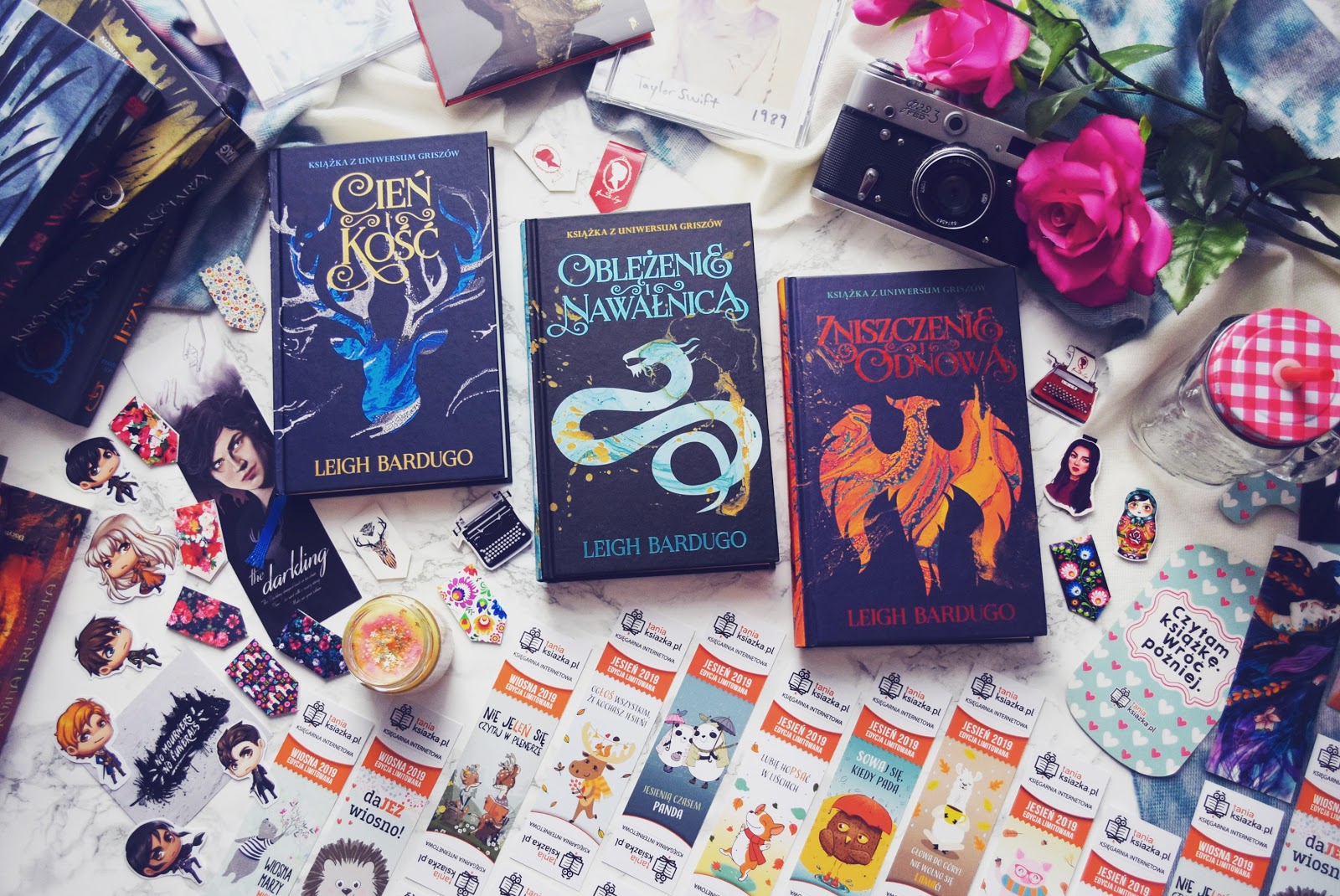
After the casting call was put out, Heisserer clarified on Twitter, he did not want to restrict the casting to a specific ethnicity and “would rather find the right talent who can inform the look of Shu Han vs the other way around.” In the books, Ravka is at war with Shu Han over border disputes. In terms of the series’ worldbuilding lingo, this meant making her a descendent of Shu Han, the country that roughly corresponds to East Asia. Both Heisserer and Bardugo felt that the most natural change for the television show was to make Alina half-Asian. That conscious effort to diversify the cast was a priority for the series. “As I wrote, as I gained more confidence, I started to write a world that looked a lot more like the world around me,” she says. Even some characters whose races were not clarified in the first trilogy were defined in later installments.

While none of the central characters in the original book were introduced as specific races, many of the main key players in the later books, especially in the spinoff Crows duology and subsequent sequel series, were explicitly stated to be nonwhite. Those who kept up with the Grisha books noticed this evolution. “I was really echoing a lot of the fantasies I’d grown up with, which were very white, very straight sort of traditional Chosen One stories,” Bardugo tells Polygon.


But while the setting itself bypassed the usual conventions, she leaned on a narrow worldview to populate the saga. With her debut novel, Bardugo wanted to step away from the typical medieval England setting so commonly seen in fantasy novels and chose Imperial Russia as inspiration for her world, Ravka. Author Leigh Bardugo had one big request when Arrival screenwriter Eric Heisserer came on board to adapt her acclaimed YA series Shadow and Bone for Netflix: “I want you to do this better than I did.”īased primarily on the first book in Bardugo’s initial “Grishaverse” trilogy, Shadow and Bone follows young mapmaker Alina as she discovers her ability to summon sunlight capable of blasting away a literal, tangible darkness that divides the kingdom.


 0 kommentar(er)
0 kommentar(er)
